Psychology Task 2: Evaluating Experimental and Case Study Methods
VerifiedAdded on 2023/04/23
|8
|601
|352
Essay
AI Summary
This essay provides an analysis of experimental and case study methods in psychology, using the Little Albert experiment and the case study of Genie as examples. It defines key concepts such as independent and dependent variables, hypothesis, reliability, and validity within the context of experimental methods. The essay discusses the advantages and disadvantages of both experimental and case study methods, highlighting the strengths of experimental methods in determining cause-and-effect relationships and the benefits of case studies in stimulating new research and developing theories. It also addresses the limitations of each approach, including the artificiality of experimental settings and the limited generalizability of case study findings. The essay concludes with references to support its analysis.
1 out of 8
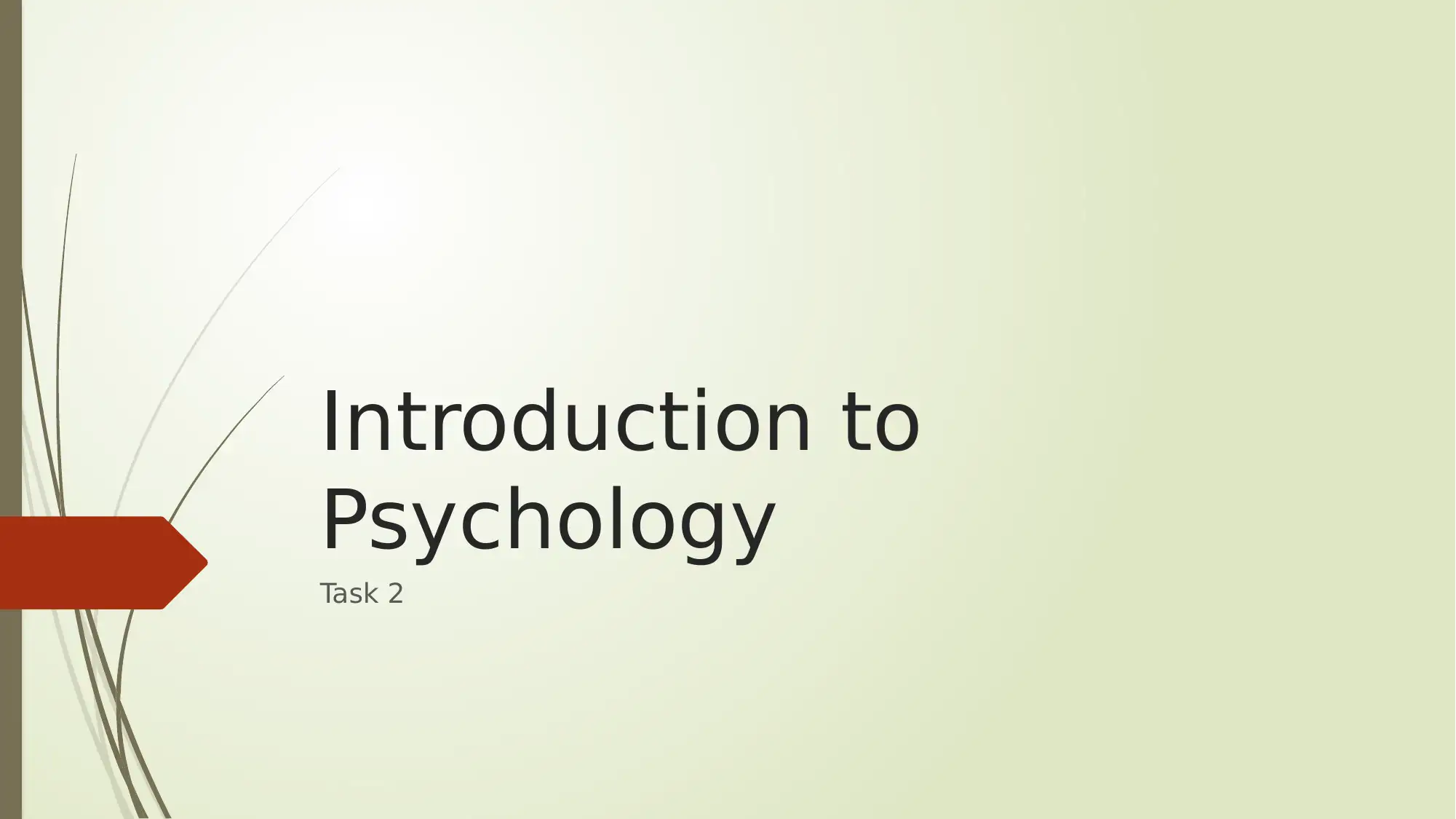
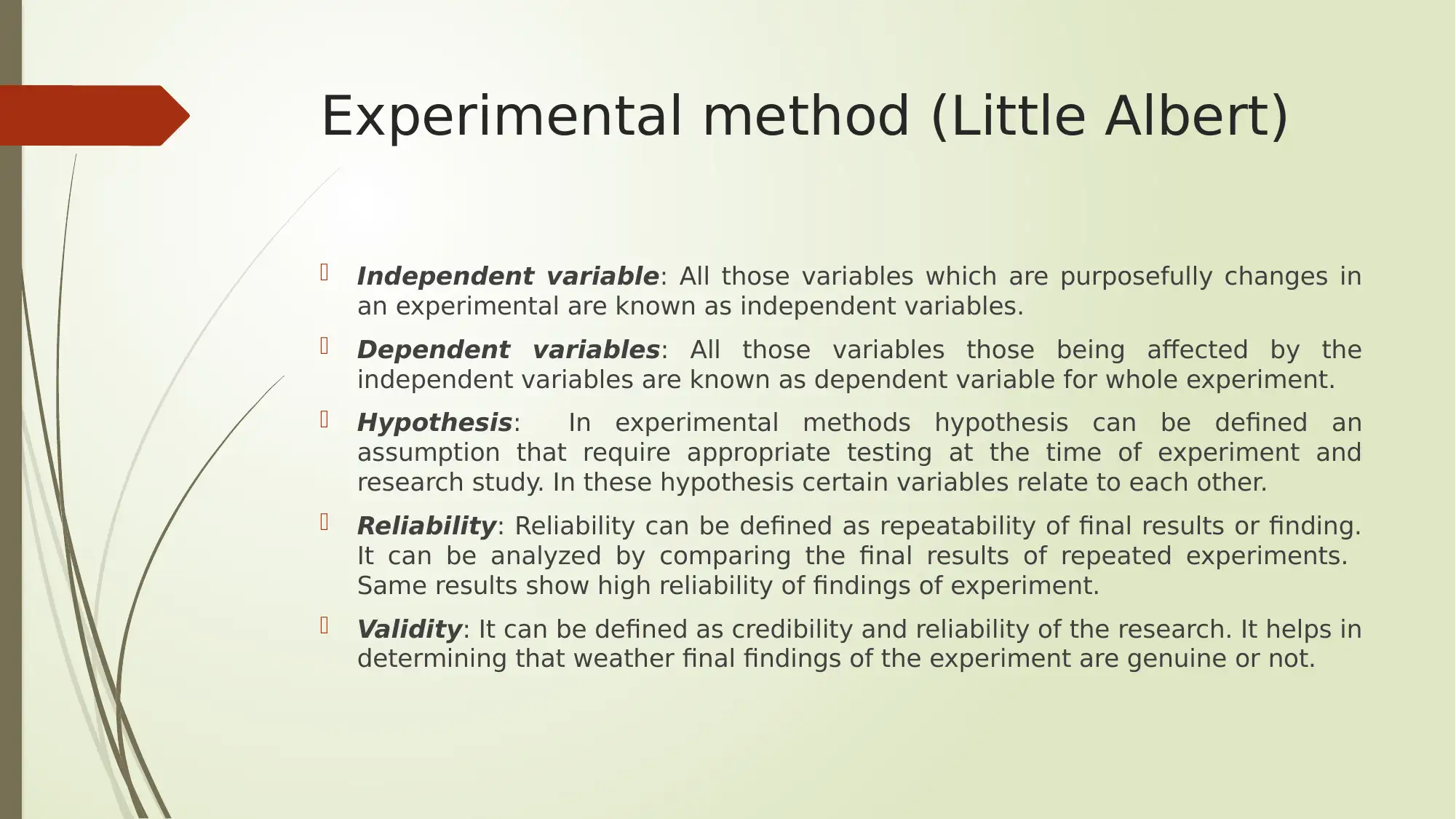
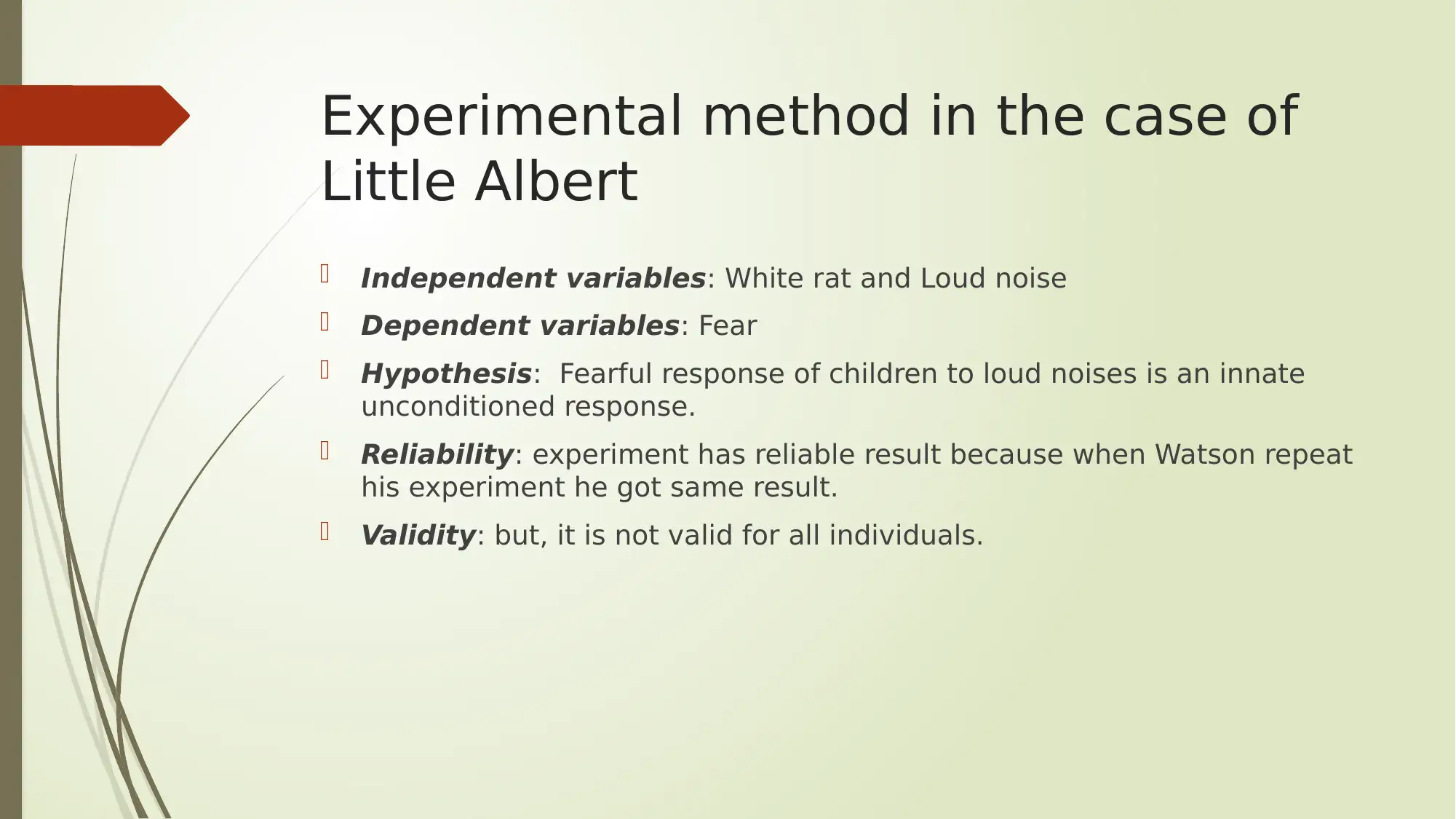

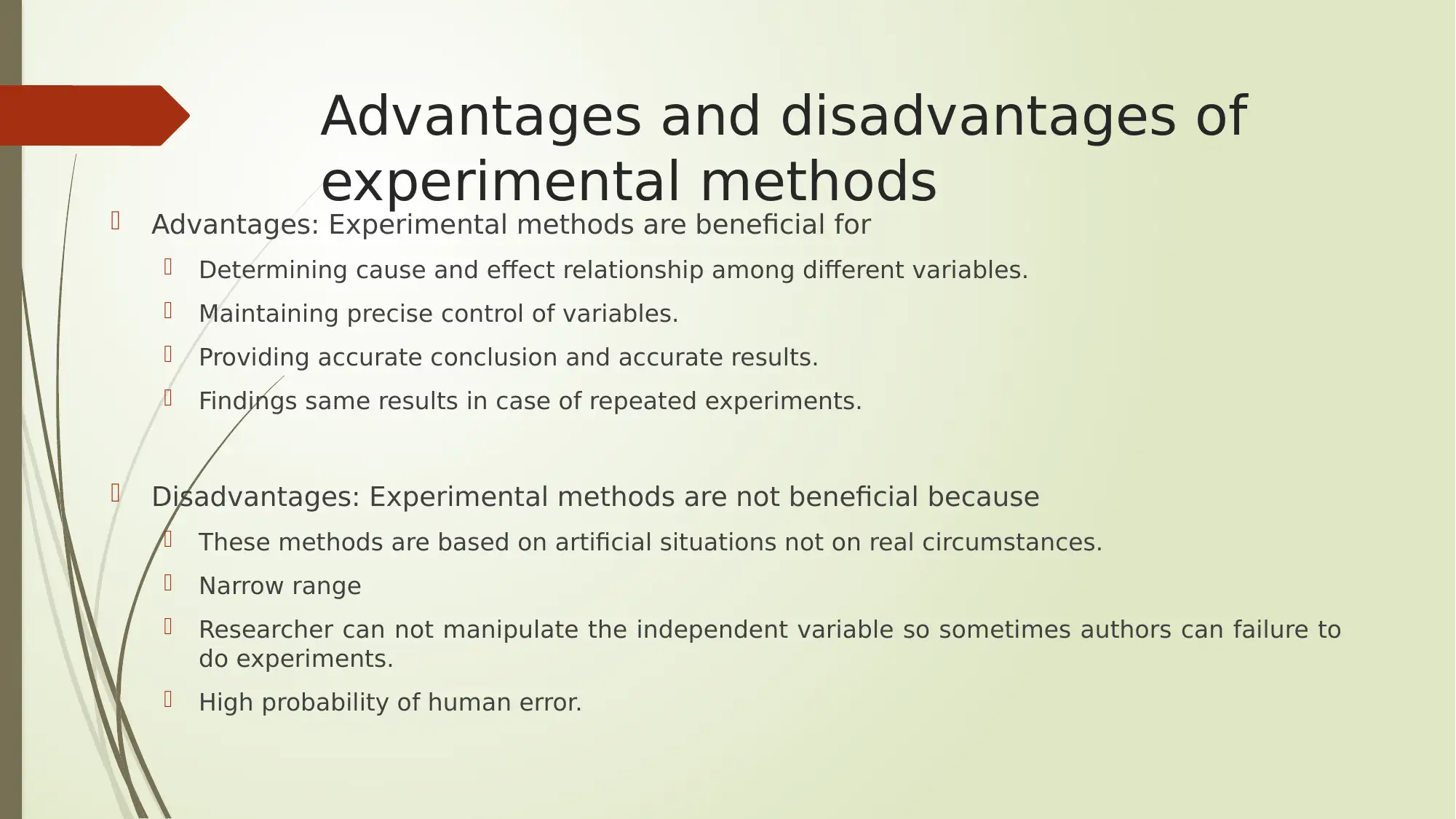
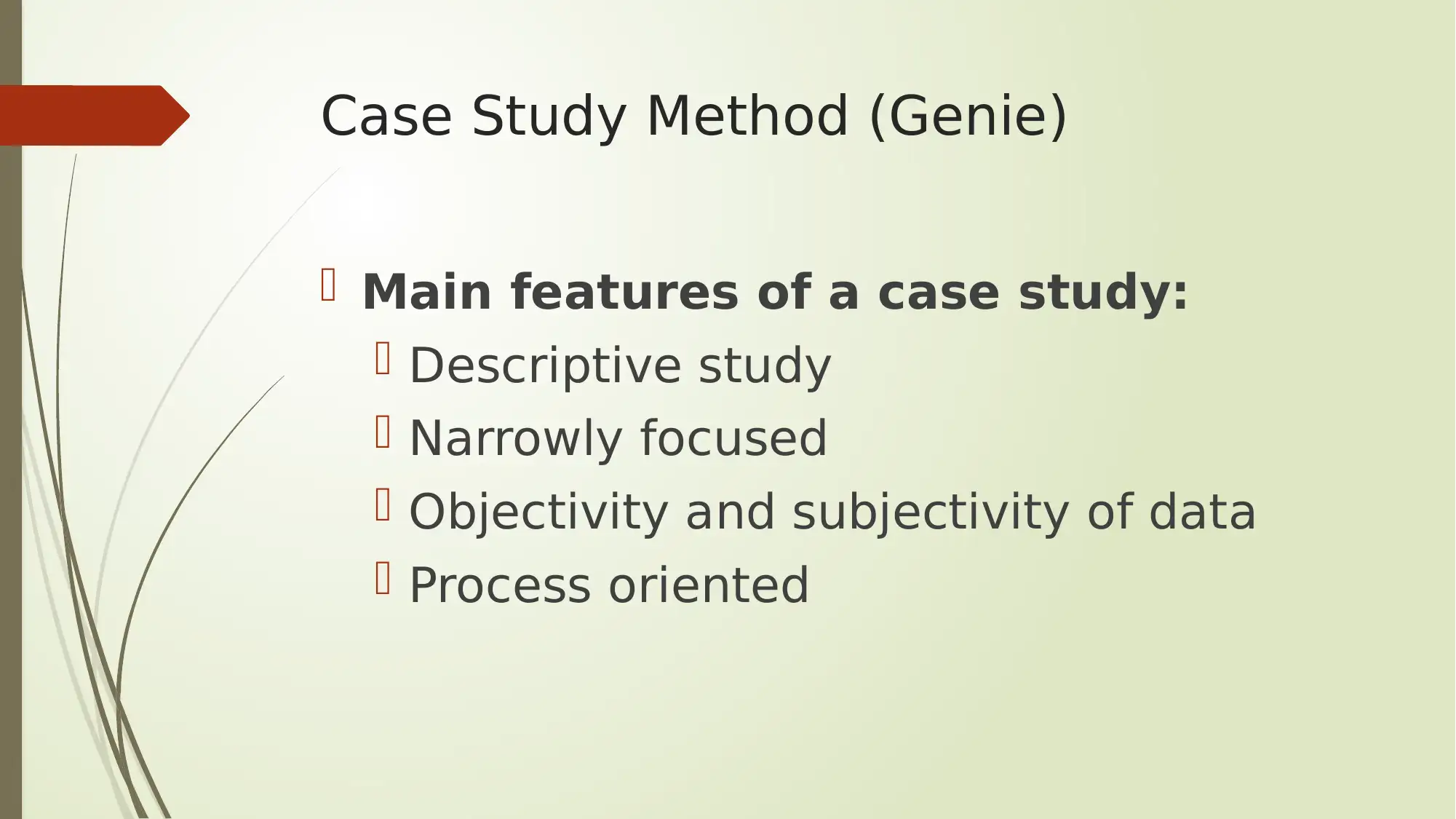
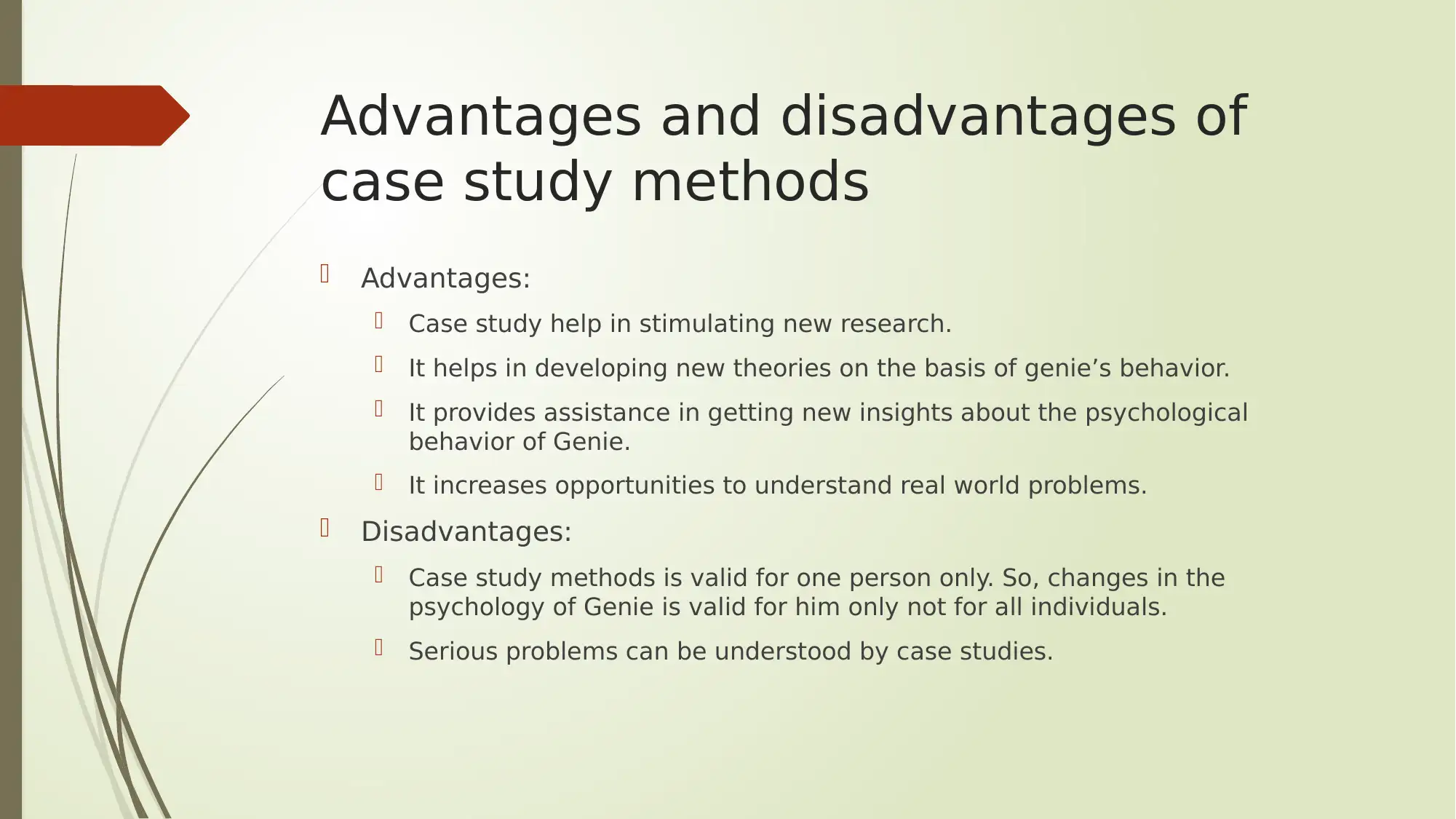
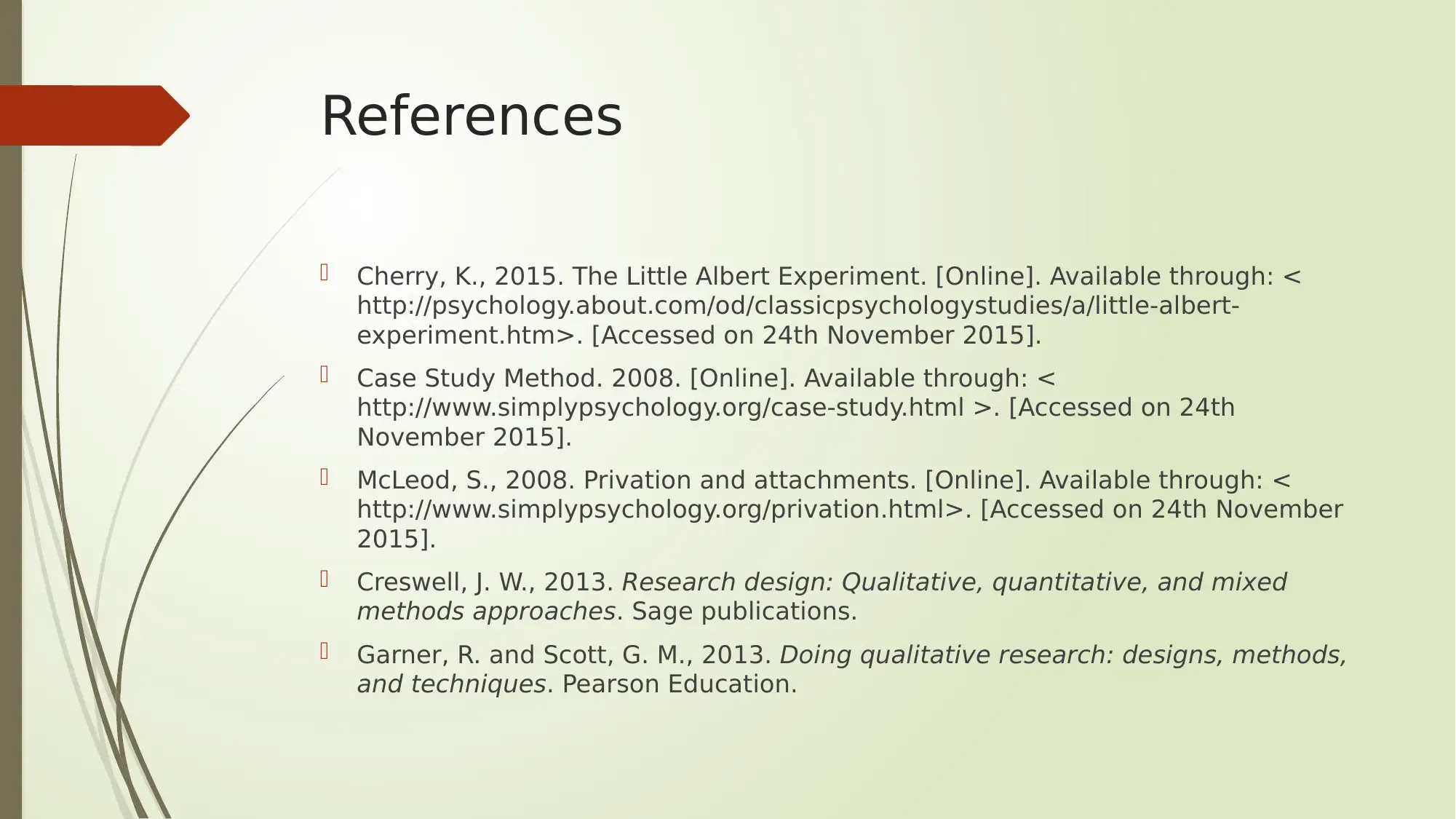







![[object Object]](/_next/static/media/star-bottom.7253800d.svg)